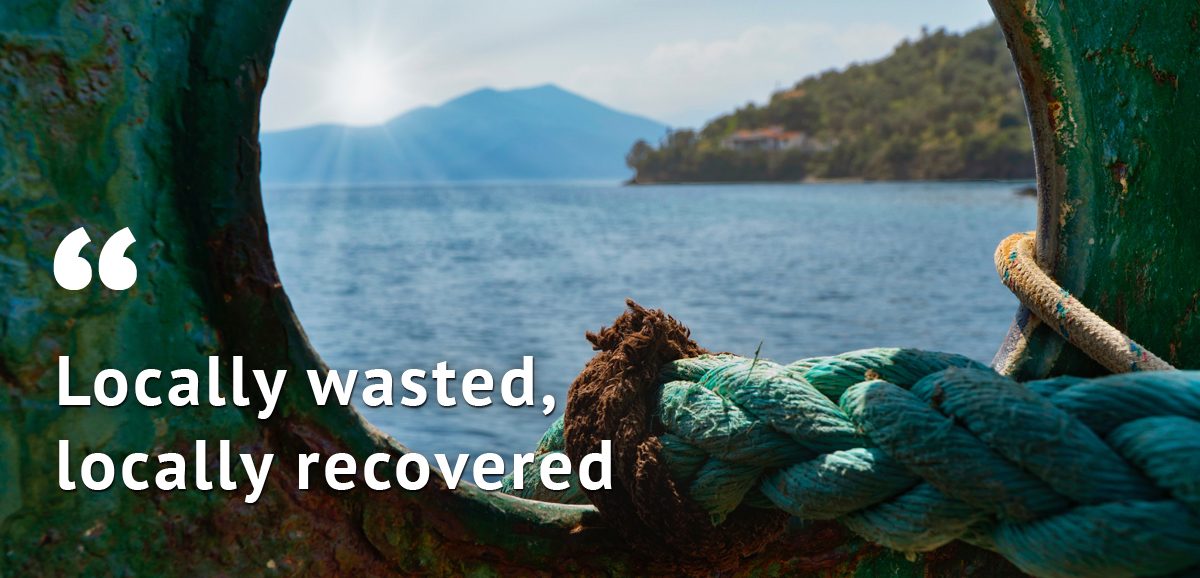
THE PROJECT
BLUENET will be focused on the demonstration of a series of actions addressed to prevent and reduce marine litter from fishing/aquaculture and, in turn, establish a harmonized plan for the collection and management of marine litter to make the prevention and reduction of ALDFG attractive to fishers and aquaculture operators; thus, boosting the local circular economy through recycling the gears for the benefits of the fishing and aquaculture sectors.
The project is therefore mainly focused on the following priority areas:
- Reduction and prevention of marine litter from fishing and aquaculture sectors.
- The removal and recycling of fishing and aquaculture gears made of Polyethylene (PE), Polyamide (PA) and Polypropylene (PP) to promote the local circular economy from/for these sectors.
Divided in two stages
The first year of the project will be focused on:
a) Completing the global estimates of aquaculture-based marine litter
b) Equipping the vessels and ports and collecting the marine litter
c) Developing the new recycled materials and prototypes
d) Defining the production volumes and the uptake of recycled materials in the European fishing and aquaculture sectors.
The second stage of the project will test the prototypes developed with recycled materials at sea and will create the recycled fibres and textiles for the aquaculture and fishing industry.
Furthermore, the management plan will be designed for being replicable in other location. Local fishermen and aquaculture operators will be trained in the problems associated to marine litter and good practices will be promoted to prevent the creation of marine litter in the development of their activities at sea.
Locally wasted, locally recovered
The relevance of the project and the added value is that the actions are planned as to establish management plan envisaged that locally generated ALDFG, are tackled by local companies to revert as benefit to the local community.